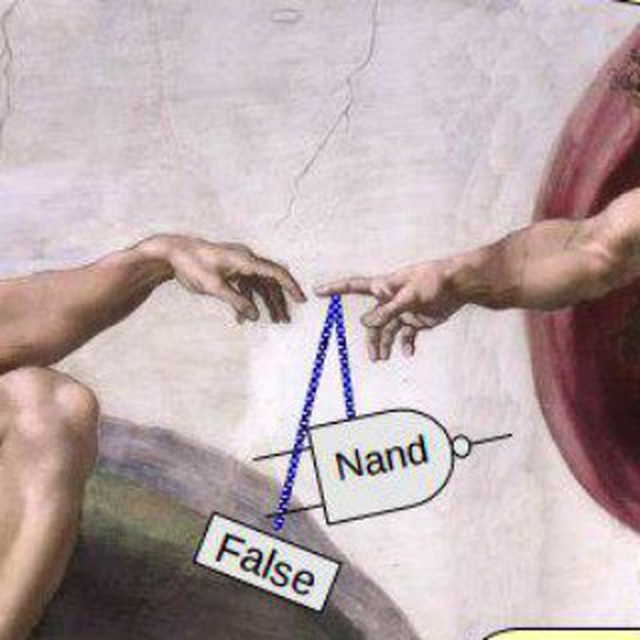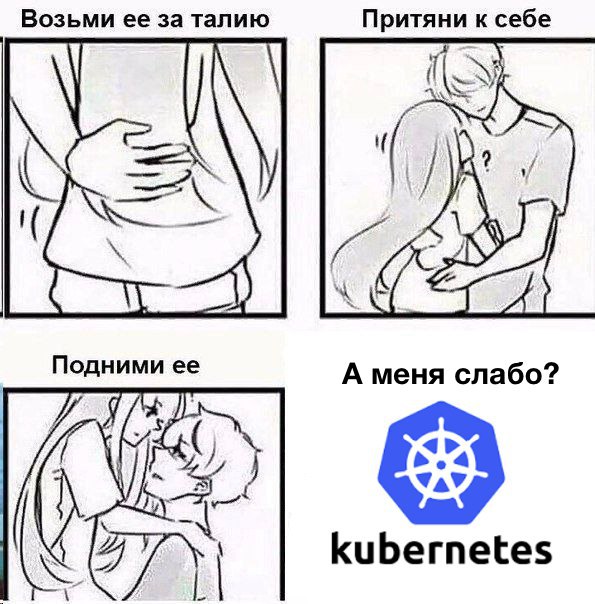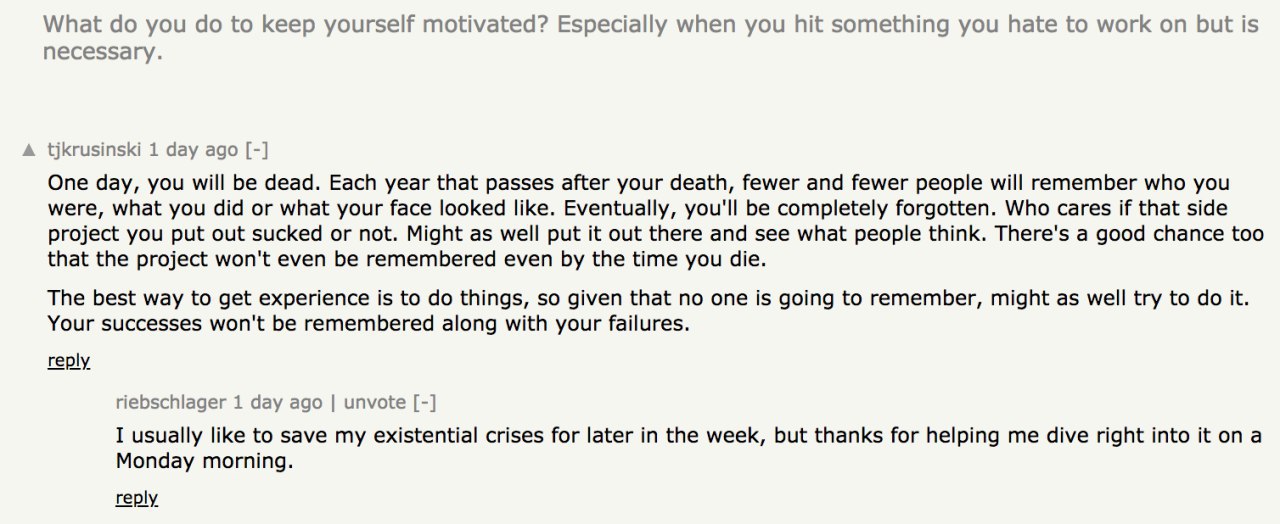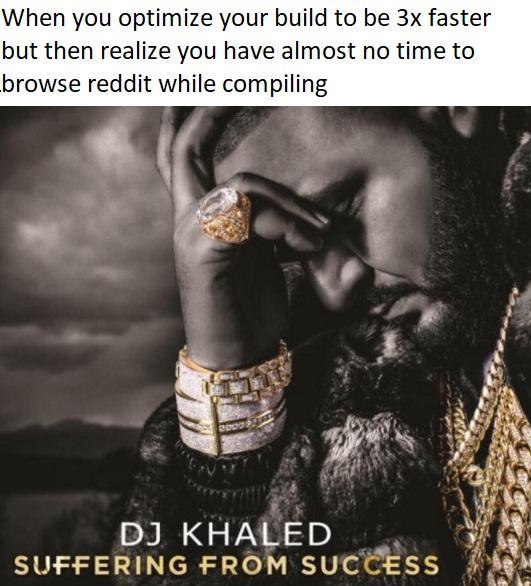
Size: a a a
2019 January 15

Ачивка замутил доклад на митап за 30 мин до выступления получена
2019 January 16


I didn't compile her, I didn't compile her, oh, hi Kotlin.
(service["metadata"] as Map<*, *>?)?.get("name") as String?
<*, *>? - confused cat
A copy of a program has nearly zero marginal cost (and you can pay this cost by doing the work yourself), so in a free market, it would have nearly zero price. A license fee is a significant disincentive to use the program. If a widely useful program is proprietary, far fewer people will use it.
It is easy to show that the total contribution of a program to society is reduced by assigning an owner to it. Each potential user of the program, faced with the need to pay to use it, may choose to pay, or may forego use of the program. When a user chooses to pay, this is a zero-sum transfer of wealth between two parties. But each time someone chooses to forego use of the program, this harms that person without benefiting anyone. The sum of negative numbers and zeros must be negative.
But this does not reduce the amount of work it takes to develop the program. As a result, the efficiency of the whole process, in delivered user satisfaction per hour of work, is reduced.
(c) Richard Stallman
It is easy to show that the total contribution of a program to society is reduced by assigning an owner to it. Each potential user of the program, faced with the need to pay to use it, may choose to pay, or may forego use of the program. When a user chooses to pay, this is a zero-sum transfer of wealth between two parties. But each time someone chooses to forego use of the program, this harms that person without benefiting anyone. The sum of negative numbers and zeros must be negative.
But this does not reduce the amount of work it takes to develop the program. As a result, the efficiency of the whole process, in delivered user satisfaction per hour of work, is reduced.
(c) Richard Stallman

"A complex system that works is invariably found to have evolved from a simple system that works" and "A complex system designed from scratch never works and cannot be patched up to make it work. You have to start over, beginning with a working simple system."
(c)
(c)
2019 January 17

еще и компилятор шустрый, да что б...


в этой дырке можно спрятать целый
~/.gradle/cache
What features do you want most for Telegram?
Анонимный опрос
Проголосовало: 5341
О, а расскажите трешовые история с собесов. Когда вас кидали, игнорили и все в таком стиле. Ныть сюда @olegkovalov

Тут из 2002 звонили, говорили подстраиваться под рыночек 😏
https://telegra.ph/If-youre-good-dont-worry-12-Reasons-01-17
https://telegra.ph/If-youre-good-dont-worry-12-Reasons-01-17

Using a message broker to distribute work is like a cross between a load balancer with a database, with the disadvantages of both and the advantages of neither.
(c)
(c)

збс
а вот поменял я конфиг в одной репе.
естественно ПР с кодом сделал, все норм.
билд прошел, тесты зеленые.
и пошел в это время рестарт сервиса.
соответственно запуститься не получилось.
ьсем советую хранить конфиг отдельно от репы.
👍
а вот поменял я конфиг в одной репе.
естественно ПР с кодом сделал, все норм.
билд прошел, тесты зеленые.
и пошел в это время рестарт сервиса.
соответственно запуститься не получилось.
ьсем советую хранить конфиг отдельно от репы.
👍

Я вам тут данных для датамайнига принес.
Авиа факапы за 20 лет, налетай.
http://avherald.com/h?search_term=engine+shut+down+in+flight&opt=0&dosearch=1&search.x=0&search.y=0
Авиа факапы за 20 лет, налетай.
http://avherald.com/h?search_term=engine+shut+down+in+flight&opt=0&dosearch=1&search.x=0&search.y=0

Ох какая тут годнота 🦀
http://antoyo.ml/evolution-rust-programmer (домен потерян на 17.01.2021)
Ну и класика https://www.willamette.edu/~fruehr/haskell/evolution.html
http://antoyo.ml/evolution-rust-programmer (домен потерян на 17.01.2021)
Ну и класика https://www.willamette.edu/~fruehr/haskell/evolution.html

А coworker once had to work from a log line from Linux that just said
(с)
skb rides the rocket: $n slots (it's a driver bug with TCP Send Offload, it turns out). (с)
2019 January 18

Прост вставьте это в любой чат слака и у вас появится возможность откатиться на старую тему сайдбара.
#4F2F4C,#452842,#1264A3,#FFFFFF,#350D36,#FFFFFF,#2BAC76,#CD2553






